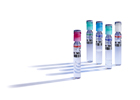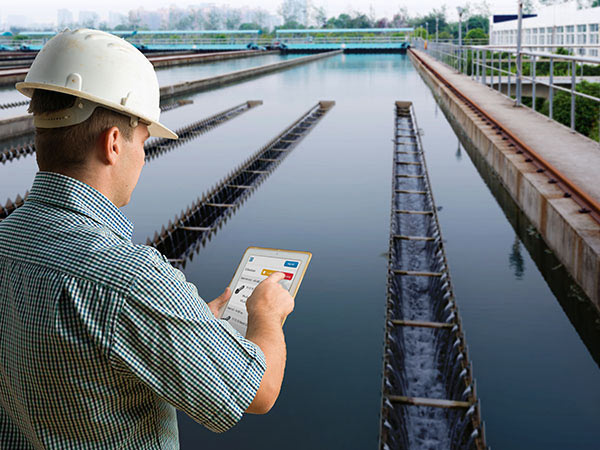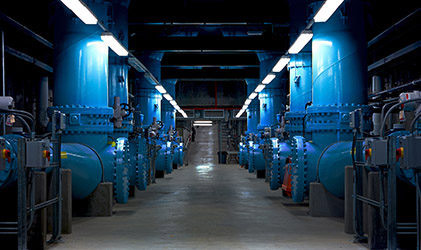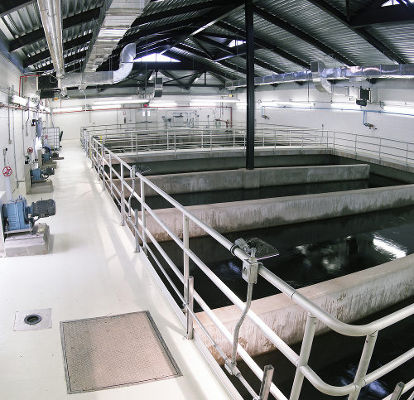-
Products
- Lab Instruments
- Lab Meters and Probes
- Chemistries, Reagents, and Standards
-
Online Analyzers
Ammonium Analyzers Ammonia Monochloramine Analyzers Chlorine Analyzers
- CL17sc
- CL10sc Amperometric
- 9184 sc Amperometric
- Ultra Low Range CL17sc Colorimetric Chlorine Analyser
EZ Series Analysers- Iron
- Aluminium
- Manganese
- Phosphate
- Chloride
- Cyanide
- Fluoride
- Sulphate
- Sulphide
- Arsenic
- Chromium
- Copper
- Nickel
- Zinc
- Ammonium
- Total Nitrogen
- Total Phosphorus
- Phenol
- Volatile Fatty Acids
- Alkalinity
- ATP
- Hardness
- Toxicity
- Sample Preconditioning
- Boron
- Colour
- Nitrate
- Nitrite
- Silica
- Hydrogen Peroxide
- EZ Series Reagents
- EZ Series Accessories
- EZ sc Series Inorganics
- EZ sc Series Metals
- EZ sc Series Nutrients
-
Online Sensors and Controllers
Digital Controllers (Transmitters) Controllers (Analog)
- SC4500
- Orbisphere 410/510 Carbon Dioxide
- Orbisphere 410/510 Oxygen
- Orbisphere 410/510 Ozone
- Orbisphere 51x Hydrogen
- Orbisphere 51x Nitrogen
- Pro Series
pH & ORP Sensors- 1200-S pH
- 12mm pH/ORP
- 8362 sc High Purity
- Combination pH/ORP
- Differential pH
- Digital Differential ORP
- Digital Differential pH
- LCP ORP
- LCP pH
Dissolved Oxygen Sensors- 2582sc
- 5500 Clark DO
- 9582 sc
- LDO 2 sc
- Orbisphere 311xx
- Orbisphere GA2x00
- Orbisphere K1X00
- Orbisphere M1100
- Samplers
- Test Kits & Strips
- Microbiology
-
Lab Equipment and Supply
Apparatus
- Brushes
- Clamps, Rings & Stands
- Crucibles
- Crucibles & Casseroles
- Dispensers & Droppers
- Grab Samplers
- Oil and Grease
- Other Apparatus
- Pipet Aids
- Pipettes
- Racks
- Stir Bars
- Tubing
- Weighing Accessories
Instruments- Balances
- Hot Plates & Stirrers
- Moisture Analysers
- Other Instruments
- Ovens & Incubators
- Thermometers
- Timers
- Vacuum Pump
- Claros Water Intelligence System
- Automated Lab Systems
- Electrochemistry
- Parameters
-
Software Solutions
-
Claros Water Intelligence System
Product Pillars Process Management
- Solutions For:
- BOD/COD Removal
- Nitrification/Denitrification
- Phosphorous Removal
- Sludge Management
Data Management- Solutions For:
- Collection
- Visualization & Analytics
- Reporting
- Data Accuracy
Instrument Management- Solutions For:
- Maintenance
- Troubleshooting
- Remote Access
- Lab and Process Comparison
Industry Challenges Regulatory Compliance Cost Savings Remote Operations Process Optimisation Equipment MaintenanceClaros News Claros Software Release Notes
-
Claros Water Intelligence System
- Industries
- Brands
- Support
- News & Events









